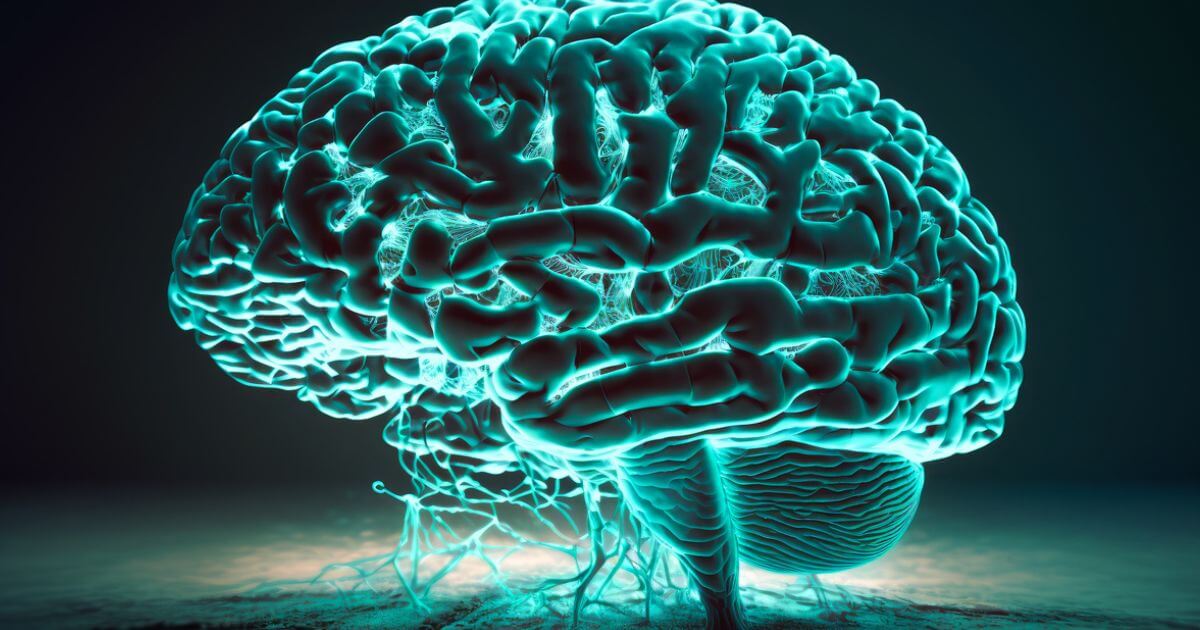Stem cell research is often connected to fertilized embryos: unborn children, since life begins at conception. However, there are other sources of stem cells, and most developments in treatment have come from non-embryonic cells. Stem cells non-specific, meaning they can become tissue, blood, bone marrow, or even organs. Promising results have been obtained by using stem cells from living, adult organisms, such as umbilical cord blood and other non-vital sources. Yet, these are theoretically less flexible, which is why so much attention is given to the idea of using unborn embryonic cells. Biblically, this is appalling. God begins a human life at conception, when the egg is fertilized by the sperm. David declares that we are hand-crafted by God (Psalm 139:16). To interrupt this process at any point of development is to seize control of His handiwork, to declare that His purposes for the child are vastly inferior to ours. The Christian view of stem cells, then, rests not with the medical technology, but with the exact method by which a particular stem cell is harvested.
Stem cells can be induced to become nearly any type of tissue. Researchers, trying to develop therapies for diseases and injuries have deep interest in these cells. Christians need to understand the basics of stem cell research so they can make informed decisions. There are several ways to get stem cells.
Embryonic: The most (theoretically) useful stem cells come from embryos. A fertilized egg that is left-over from an in vitro procedure is cultured for five to seven days until it develops into a blastocyst, a ball of about 100 cells with the primary embryonic cells surrounding the undifferentiated stem cells (blank builder cells that can become any cell in the body). Left to their own devices, the ball would grow into what we would easily recognize as a baby. In research, the stem cells are removed from their cocoon and cultured for several months until they have divided into several million cells. Left in a neutral solution, the stem cells are called a stem cell line. Portions of the line can be frozen and sold to other researchers without the need to harvest from another embryo.
Fetal/Umbilical: Blood in umbilical cords also contains stem cells. These stem cells are not as coveted, as these stem cells can only replicate into a limited number of cells.
Adult: There are several different stem cells that can be harvested from an adult. One is hemopoietic stem cells, which are taken from bone marrow and can become other types of blood cells. Another kind taken from marrow, stromal stem cells, can become bone, cartilage, fat, and connective tissues. The brain, liver, skin, heart, and other organs also have stem cells that can be useful for research. There is now a procedure called induced pluripotent stem cells. It is a new technique that reprograms a stem cell that is already affiliated with a body part and reverts it into a blank stem cell which is functionally identical to those taken from embryos.
Therapeutic Cloning: It is possible to create an embryonic stem cell that does not come from a fertilized egg. An unfertilized egg is harvested and the nucleus containing the DNA is removed. The nucleus from a skin cell of an adult is harvested from its cell and inserted into the egg. Functionally, the egg is now fertilized and can divide and develop stem cells just like an egg from an in vitro procedure.
Stem cell research is a sticky subject because of the ambiguity on both sides. Here are some issues for Christians to consider:
Embryonic stem cells are taken by from fertilized eggs (human beings).
The problem is well-known. If life begins at conception, intentionally destroying an embryo is the murder of a person. But the argument is deeper than that. One embryo can be the source of many, many stem cell strains; researchers do not need a new embryo for every phase of their work. Stem cells are taken from embryos that were not used in the in vitro fertilization process. Usually, these embryos are stored indefinitely or destroyed; very few are "adopted" by being implanted into another woman. In practice, eventually these embryos would die anyway.
Therapeutic cloning is no different than using “natural” embryos
To create an embryo for the purpose of scientific research is against the Convention on Human Rights and Biomedicine; state and national laws vary. There is no difference between an embryo created by nucleus transplant and one created by fertilization. Both have the potential to grow into an adult. For more, see our article on cloning.
Despite the promises, there are very few actual therapies that have come from stem cell research. Those which have shown the most use are from adult stem cell sources.
Many researchers have given the impression that stem cell research is a panacea that will solve all of the world's medical ills. As of this writing, trials are on-going to test embryonic stem cell therapies for macular dystrophy and macular degeneration. Other conditions researchers claim will be cured include: cancer, blindness, paralysis, autoimmune diseases like Multiple Sclerosis and Lupus, organ failure, Crohn's disease, and Amyotrophic Lateral Sclerosis. But as of this writing, the only therapy that has actually come from stem cell research is for blood cancers and other blood disorders—and the stem cells used are taken from adults or umbilical cords.
Not all stem cells are taken from embryos.
Researchers believe that the most flexible, powerful stem cells come from embryos, five to seven days after fertilization, but they are not the only source. Stem cells can also be harvested from bone marrow, blood, umbilical cord blood, fetal nervous tissue, and adipose tissue (fat). There is also the question of procuring embryonic stem cell lines; if the cell line is already established, is it ethical to purchase it from the manufacturer for research? Because of the controversy over using embryonic stem cells, all stem cell research is finding funding hard to come by.
Real people, all over the world, are enduring real pain that might be alleviated by therapies derived from stem cell research.
It would be irresponsible to not consider the people who could be helped or saved by stem cell research. Millions of people all over the world suffer from cancer, autoimmune diseases, AIDS, and many others. Tens of thousands need an organ transplant. It is possible, although not proven, that stem cell research could result in therapies to cure or alleviate their conditions.
Embryonic stem cell research does not require the non-viability of the embryo.
Developing a stem cell line, which could be propagated to many different research opportunities, does not always mean the embryo must be destroyed. But, while cryogenically storing a fertilized egg is a safe and effective method of preservation, cryogenically preserving a five to seven day old blastocyst is problematic and likely to result in birth defects—on the improbable chance the embryo is implanted into a host mother and brought to term.
Embryonic human beings are not willing volunteers.
Ancient warring tribes sometimes choose one warrior each for a fight to the death. This would determine the winner of the battle. The method sounds odd now, but it served to protect the lives of both armies. Jesus sacrificed Himself on our behalf. In the 1990s, priests asked for elderly volunteers to be infected with HIV so researchers could test vaccines.
However, embryos are not warriors (1 Samuel 17). They cannot volunteer to give their lives, even for the benefit of others. It is not ethical to use and destroy those who cannot agree or disagree. Even if the embryo is left over from an in vitro fertilization process and likely to be destroyed otherwise. Or if the embryo is a clone, created for the specific purpose of scientific experimentation. It is sad that we must endure physical illnesses and injuries. It is immoral that embryos are being cryogenically preserved with little to no hope of a chance for life. But two wrongs do not make a right.
There is nothing in the Bible that indicates God would approve of the needless death of a child for the purpose of curing a disease. God never sacrifices a child for the good of those around him—He protects children. The death of baby Moses might have saved his family from harm; but instead, God protected Moses so that he could save all of Israel (Exodus 2:1-10). The loss of David and Bathsheba's first son was a punishment, not a release from shame (2 Samuel 12:15-19). As Jesus said, "Let the little children come to me and do not hinder them, for to such belongs the kingdom of heaven" (Matthew 19:14).
For the Christian, it is not biblical to support research that entails harm or death of the unborn, no matter how that embryo was derived. There seem to be no such concerns about research performed on adult and umbilical stem cells. It's possible that stem cell research will result in many ground-breaking therapies that will help millions of people. But from a Christian perspective, that (unproven, questionable) potential does not justify the deliberate sacrifice of an innocent life (Leviticus 18:21).




